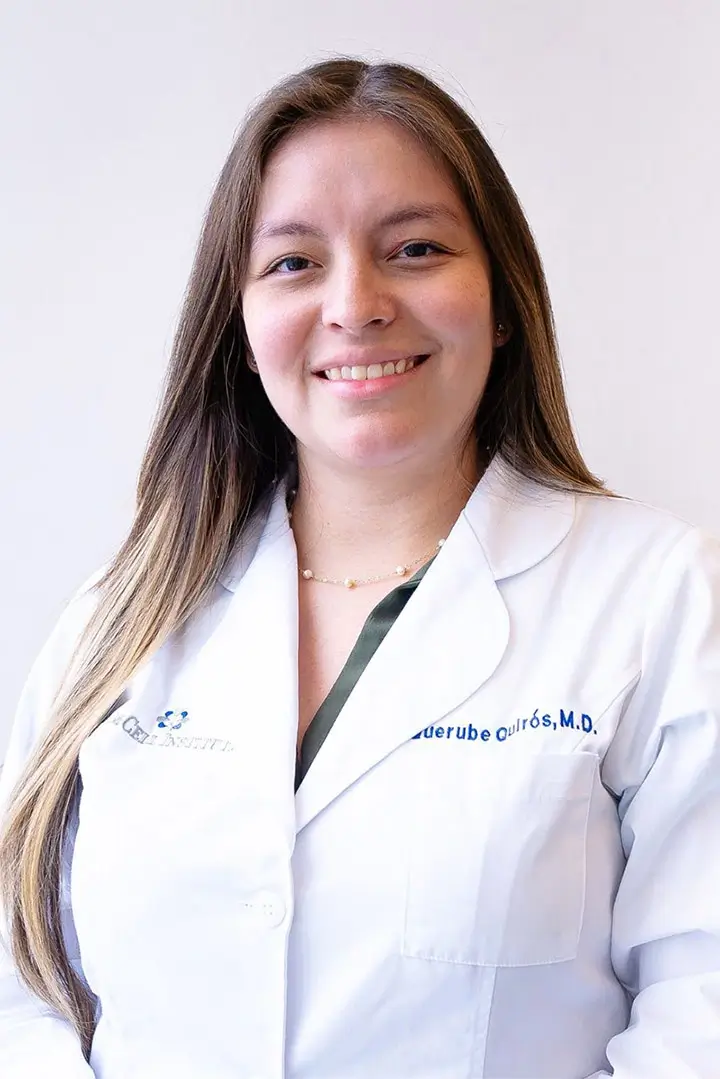The biotech company BioTime, Inc., and its subsidiary Embryome Sciences, Inc., have recently acquired multiple licenses for stem cell technology patents and their applications, which are now scheduled to be the topics of tomorrow’s conference call. Included within BioTime’s portfolio of patent licenses are proprietary methods for the production of induced pluripotent stem (iPS) cells as well as a number of embryonic stem cell technologies that include the rapid isolation and differentiation of highly purified novel embryonic progenitor cells, with the ultimate goal being the development and commercialization of related products.
BioTime is well known for its development of various surgical technologies that are used in emergency trauma and which include methods of organ preservation, blood plasma expanders, and blood replacement in hypothermic and hypovolemic surgery, among other applications. Through its wholly owned subsidiary Embryome Sciences, Inc., Biotime has recently entered the field of regenerative medicine, in which embryonic stem cell technology is its primary focus.
Among their proprietary technologies thus far, Embryome Sciences utilizes several patents that allow for “vector-free iPS technology”, which is the ability to generate iPS cells without the use of dangerous “vectors”, which include viral vectors such as retroviruses, lentiviruses and adenoviruses, as well as (cancer causing) oncogenes, such as the c-Myc oncogene which has been routinely used in the production of iPS cells and which was found to cause cancer in 20% of the chimeric mice that were utilized in early iPS cell experiements. Embryome Sciences can boast proprietary vector-free technology which avoids such problems, by utilizing iPS transcription factors to transform collateral cells into a cytoplasm that reprograms the patient’s own cells, rather than creating the iPS cells directly by reprogramming adult cells with viral and oncogenic vectors. However, as pluripotent cells, and regardless of how they are produced, iPS cells still do, by definition, cause the formation of teratomas, which are a very specific type of tumor and this unsolved problem remains one of the obstacles yet to be overcome in bringing iPS cells into the realm of clinical therapy. Nevertheless, Embryome Sciences is working to overcome these problems and health risks that are inherent to pluripotent stem cells, whether of embryonic or nonembryonic origin, and Embryome Sciences is hoping to collaborate with other companies on the development and commercialization of related therapies.
Such plans will no doubt be very eagerly addressed in tomorrow’s highly anticipated conference call.

